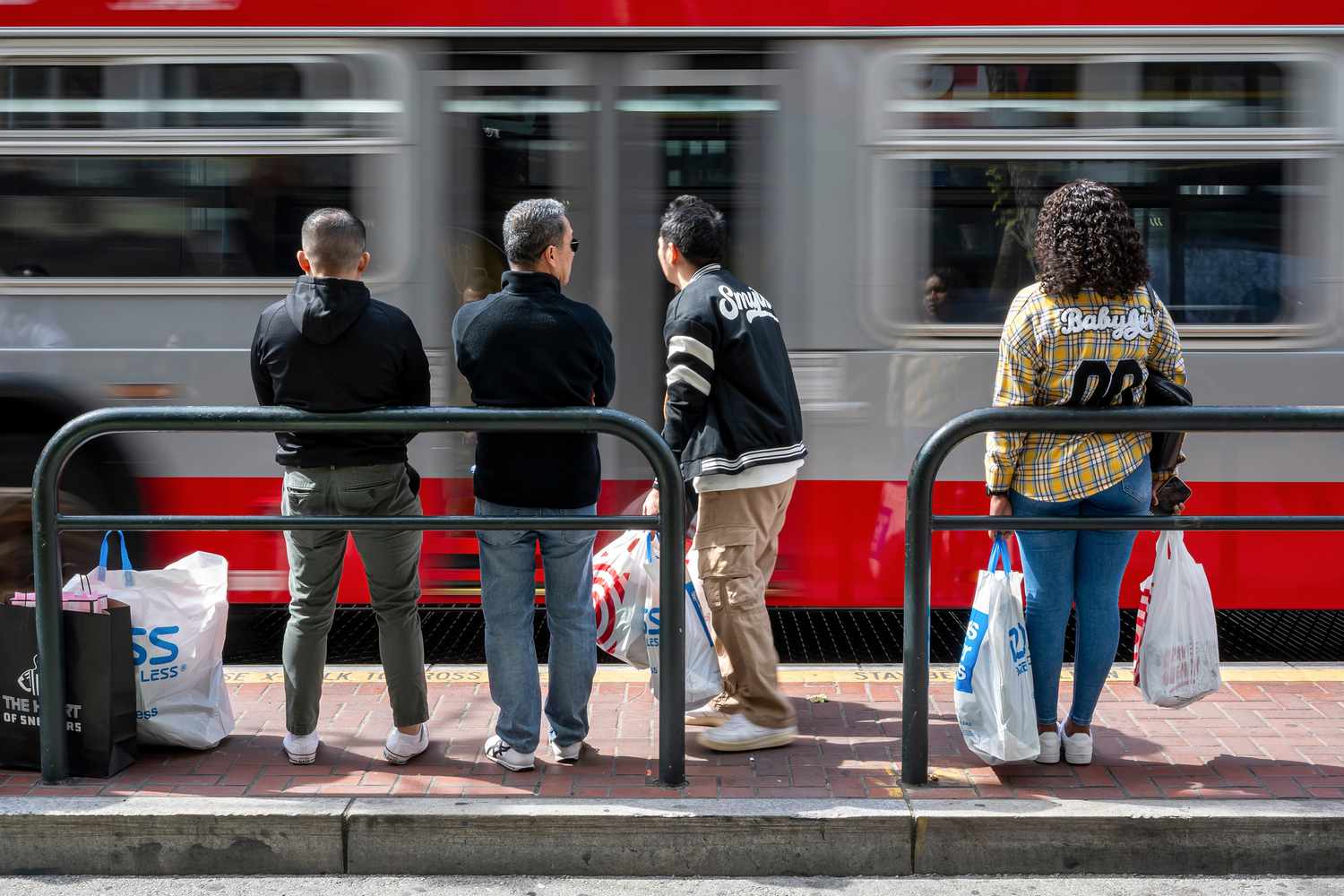
Key Takeaways
- The Michigan Consumer Sentiment Index improved slightly from preliminary April results, but the surveys still showed that consumers have their worst feelings about the economy since July 2022.
- The decline in sentiment abated somewhat after President Donald Trump announced an April 9 pause in some tariffs, though the report showed several warning signs for the economy.
- Inflation expectations remained at the highest recorded levels since 1981, as consumers still expect price increases to come from the ongoing trade disputes.
The consumer sentiment freefall slowed somewhat at the end of April, as President Donald Trump indicated that the highest tariffs may be negotiated lower.
The Michigan Consumer Sentiment Index ended April with a 52.2 reading, better than the preliminary reading of 50.8 that the survey showed two weeks ago. The results surprised economists surveyed by The Wall Street Journal and Dow Jones Newswires, who expected no change in the month’s final survey.
The survey, which is conducted over the course of the month, showed improvements after Trump paused his “reciprocal” tariffs for 90 days. However, the April results were still the lowest since July 2022 and down 32% from last year.
“Consumers expressed intensifying unease about economic policy developments,” said Consumers Surveys Director Joanne Hsu. “The announcement was not enough to settle consumers’ concerns over the potential impact of trade policy on the economy.”
Hsu said the pause helped soften pessimism over inflation expectations, as it improved slightly from earlier in the month. However, the readings were still historically high. Consumers expect inflation to reach 6.5% over the next year, the highest since 1981.
Sentiment In Focus Amid Tariff Policy Announcements
Analysts and economists have been closely watching consumer sentiment readings since Trump’s tariff talk began.
Optimism has sharply declined since January. Economists attribute much of the plunge to Trump’s on-again, off-again trade policies that began soon after his inauguration. With about two-thirds of the economy relying on consumer spending, economists follow sentiment surveys to indicate whether nervous shoppers may start spending less.
“Most concerning for the path of the economy, consumers anticipate weaker income growth in the year ahead,” Hsu said. “Without reliably strong incomes, spending is unlikely to remain robust amid the numerous warning signs noted by consumers.”
